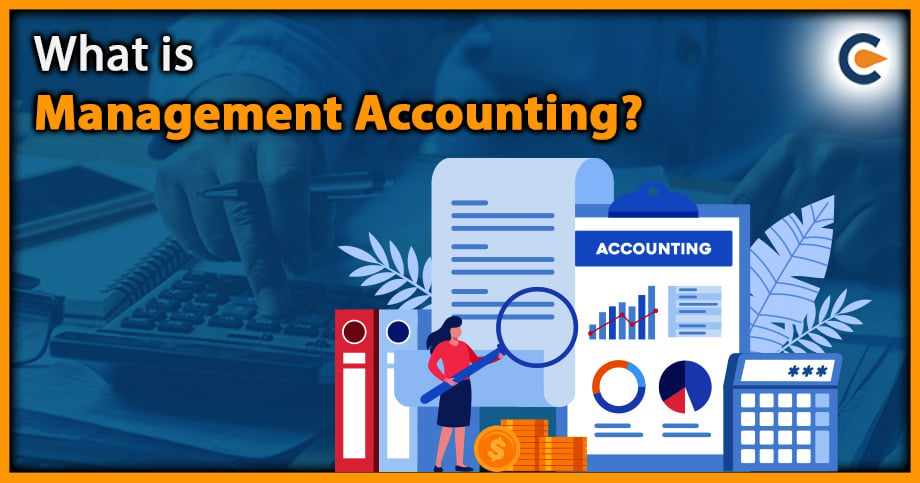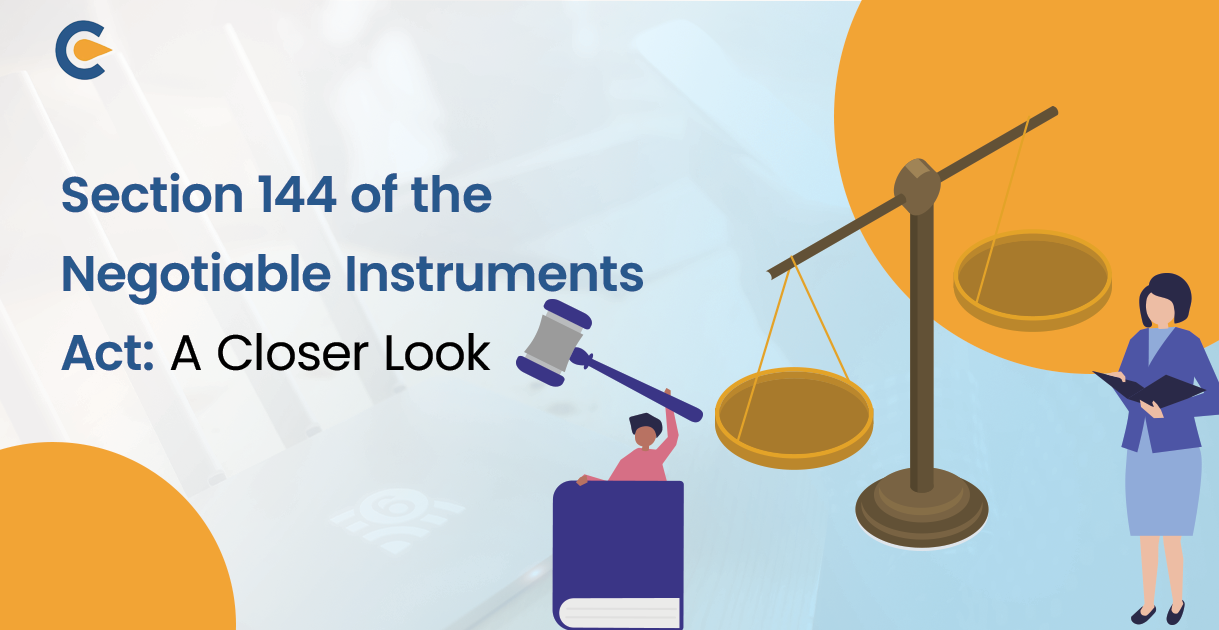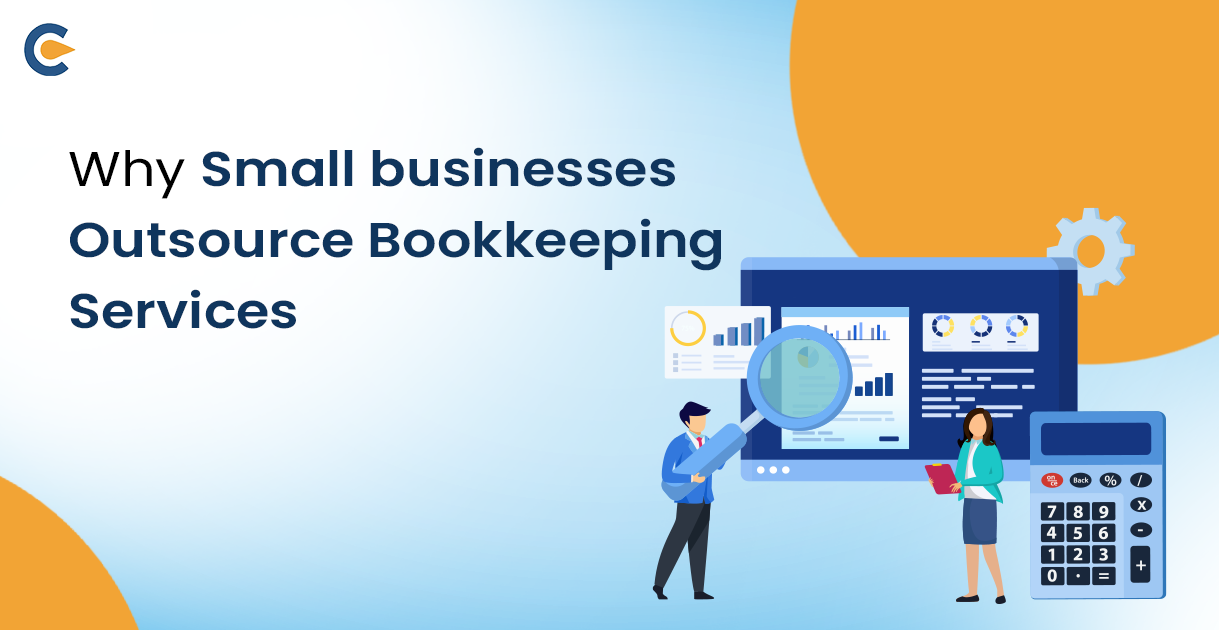Managerial accounting, sometimes known as financial accounting, is a kind of accounting that creates statements, reports, and other documentation to assist management in making more educated choices about the performance of their organization. Managerial Accounting is widely utilized inside the company. Scroll down to check more about Management Accounting.
What is accounting?
The most significant advantage of using “Online Accounting” is the ability to keep yearly financial records. Just a few of the various subspecialties of accounting include Budgetary Online Accounting, Oversight General Accounting, Professional Online Accounting, Certified Bookkeeping, Examination, Charge Online Accounting, and Cost Online Accounting.
Every year, every company is required to maintain accurate records. All association data must be obtained by the Income Tax (IT) Department. For maintaining the books in-house, which is a huge bother, there are solutions that are easier and more effective, such as making use of the internet.
Nowadays, businesses and their activities are examined using online accounting. For the convenience of the many users of Online Accounting, data is presented in a variety of formats.
There are primarily two types of online accounting:
- Management Accounting
- Financial Management Accounting
Financial Accounting
Financial accounting strives to give partners and controllers with bookkeeping information. It illustrates the financial situation over a long period of time.
On the other side, management accounting refers to the practice of applying business practices to internal administration in order to cultivate key leadership.
Accounting for Management
Management accounting is the practice of preparing reports and records for senior management that include timely and relevant financial and metric data for the sake of making immediate and long-term decisions. To achieve its goals, an organization collects, measures, analyses, and disseminates data.
Both management accounting and budgetary bookkeeping are separate fields. Although financial bookkeeping provides information to both within and outside the organization, management accounting is primarily focused on providing fundamental leadership training to managers inside the organization.
To provide managers with timely, relevant, and accurate financial and quantitative data for both short-term and long-term decision-making, management accounting is a method of organizing executive reports and records. Recognizes, measures, analyses, and deciphers information in order to aid an organization in attaining its goals.
Management accounting is a discipline in contrast to financial bookkeeping. Although budgetary accounting provides information to both within and outside the organization, executives’ bookkeeping is largely used to assist internal executives with fundamental leadership.
Significance of Management Accounting
The primary goal of managerial accounting is to provide the management of a business with assistance in effectively planning, organizing, directing, and controlling the firm’s day-to-day operations. Accounting for management provides assistance with these activities in the following ways:
- It is a useful data source for planning. Managerial Accounting provides essential insight into the development of a company by analyzing historical financial data.
- Analyzes data by computing ratios and forecasting trends, the accounting data is presented in a relevant manner. The findings of these evaluations are subsequently integrated into later stages of planning and decision-making at a rate of one per cent. You may, for instance, organize your purchases according to the time range, the source, and the location.
- Fosters fruitful conversation Management accounting may be used to convey a company’s plan to all levels of the organization, which can be of great benefit to the organization. It illustrates the practicability and coherence of a plan’s multiple components in its early phases. Eventually, it discusses how well the plans are working and who is responsible for putting them into action.
- It makes it easier to translate organizational strategy and objectives into realistic and achievable business goals. You can get there with the aid of budgeting and standard costing, two basic components of management accounting.
- Makes decisions using qualitative data: Management accounting is not limited to quantitative data. Information that cannot be quantified is taken into account. To gather qualitative data, such as industry cycles and R&D strength, a company could undertake specialized surveys.
Objectives of Organization’s Management Accounting
Following are the objectives of Management Accounting of the Organization:
- Making “Make or Purchase” Choices: Every business must decide if it will be more profitable to produce their own goods or to buy them from an outside source. Many factors, like as the cost and accessibility of generation, have an impact on these decisions. The board’s record-keeping mechanism generates tidbits of data that rate options along both strategic and operational axes. When certain conditions are met, it might be more cost-effective for businesses to fabricate product components inside their own facilities. In any event, teamwork makes it more sensible to delegate the responsibility to a number of different organizations.
- Calculating the Profit Margin: It is essential for a company to analyze the anticipated rate of return before beginning any project that will need significant investments (ROR). When a company has two or more potential new ventures, there are certain additional factors to take into account. These offer information on how long it will take to return the original investment, how to identify the best projects, expected revenue streams, etc. The executive accounting system is an effective tool that may be used for the purpose of fixing these issues.
- It is vital to be familiar with a company’s ROR and ROI in order to determine whether or not that business can serve as a viable alternative. Extreme options could be included in estimations. Because of this, doing the math to decide which option is preferable is a rather straightforward process. This will help you make the most informed investment decision for your business. When selecting a single endeavor to pursue as the optimal course of action for your company, it is necessary to take into consideration a variety of elements before making a final decision. The accounting of the board is sufficient for accomplishing this goal.
- Finally, keep an eye on the future: The process of selecting provides assistance in basic leadership and responses, such as identifying whether or not the business should modernize its hardware, unite with another company, grow into new markets, and so on. Executive accounting can help you find the solutions to these important problems. Successful in forecasting potential shifts in business activity.
- There is no way to avoid the inevitable consequences of the commercial world. In any event, based on the information that is now available and the trends that have been seen in the past, this should now be doable. The maintenance of accurate books is an essential component of the process due to the abundance of information that it provides on the financial challenges that the business is now facing. As a result, it may be useful for the company’s efforts to expand in the future.
Conclusion
Management accounting is the process of evaluating and documenting a company’s activities with the purpose of optimizing the use of its internal resources at a certain rate in order to increase both efficiency and productivity. In essence, managerial accounting approaches are used inside an organization in order to build planning, decision-making, and performance accounting systems, as well as to aid management in developing and analyzing initiatives pertaining to the organization’s profitability. Financial accounting, costing, business analysis[1], economics, and other management accounting procedures and methodologies are all examples of management accounting.
Also Read:
What Are The Benefits Of Outsourcing Manufacturing Accounting Services?











